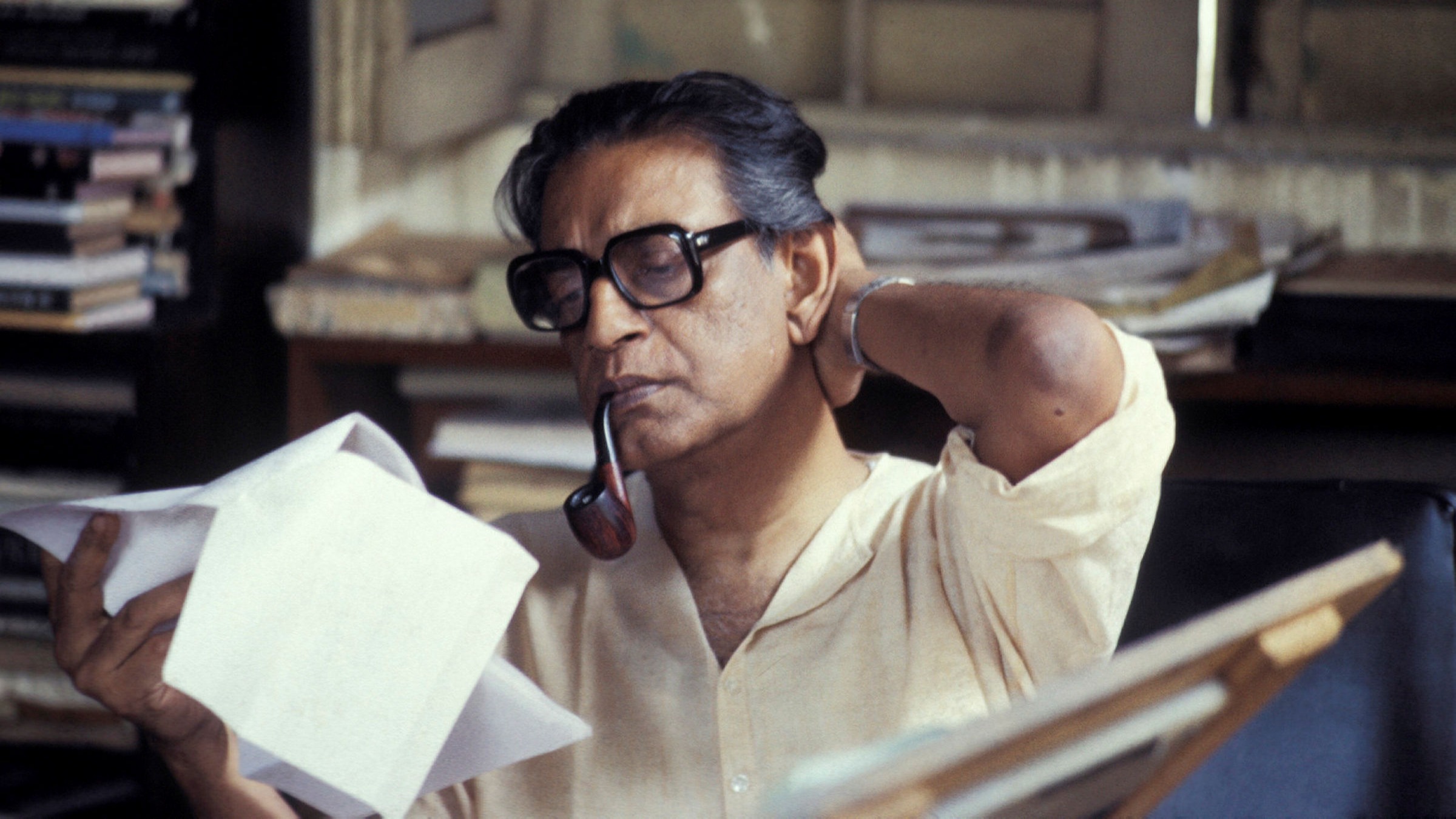Pather Panchali, a classic novel by the renowned Indian author Bibhutibhushan Bandopadhyay, was adapted into a film by the legendary Indian filmmaker Satyajit Ray in 1955. The film, also titled Pather Panchali, is considered one of the greatest films ever made, and it earned Ray several prestigious awards, including the Best Human Document Award at the 1956 Cannes Film Festival.
Ray's adaptation of Pather Panchali captures the beauty and hardship of rural Bengal, painting a vivid picture of the universal struggles of the human condition. Poverty is a significant theme in the film, and Ray's sensitive portrayal of the characters' struggles to make ends meet is both poignant and thought-provoking. Ray once said, "Poverty is a very complicated issue, and it's not easy to capture it on film. But I wanted to show the humanity and dignity of the characters despite their poverty."
In addition to his exploration of poverty, Ray's adaptation of Pather Panchali also celebrates the beauty of rural life. His love for the Bengali countryside shines through in every frame of the film, and his attention to detail is remarkable. Ray once said, "I wanted to capture the essence of rural Bengal, the landscapes, the people, and their way of life. I wanted to create a film that was true to the spirit of the novel and true to my own vision."
Ray's work on Pather Panchali paved the way for a new era of Indian cinema, and he went on to make several other acclaimed films, including Aparajito and The World of Apu, which completed the Apu Trilogy. Ray's contributions to Indian cinema were recognized with numerous awards, including the prestigious Bharat Ratna, India's highest civilian award.
Despite his many achievements, Ray remained humble and grounded. He once said, "I never set out to be a filmmaker. I just wanted to tell stories, and cinema was the medium that spoke to me the most. I never expected my films to have the impact they did, but I'm grateful for the opportunities I've had and the recognition my work has received."
In conclusion, Ray's adaptation of Pather Panchali is a timeless masterpiece that continues to resonate with audiences today. His exploration of poverty, family, and the beauty of rural life is still relevant, and it serves as a reminder of the universal struggles of the human condition. Ray's legacy as a filmmaker and storyteller continues to inspire generations of filmmakers, and his contributions to Indian cinema will always be remembered.

Comments